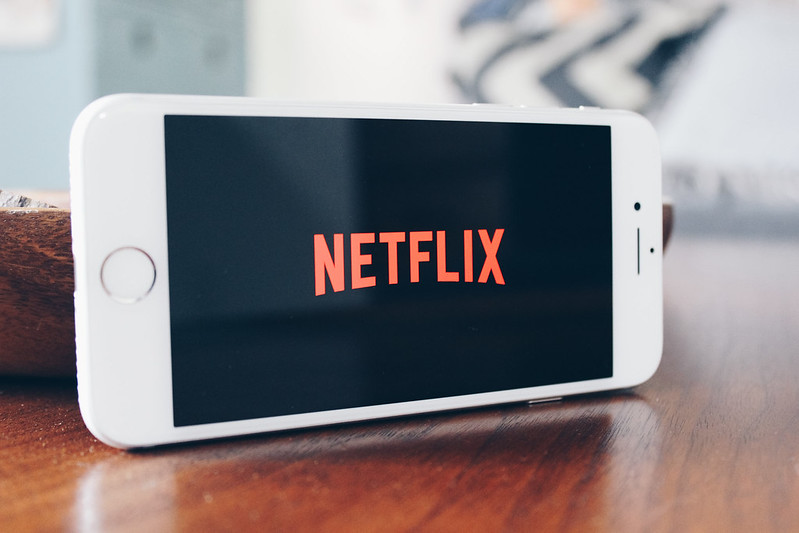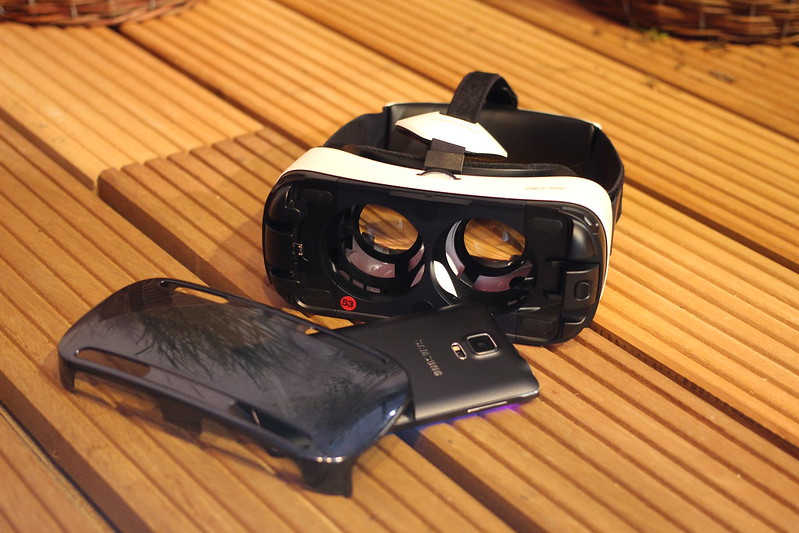What Will It Take to Make Mobiles Ideal for Film Viewing?
At this point, we’ve all heard quotes from filmmakers like Lynch about watching movies on smartphones, even if we’re too polite to repeat them. While it’s true that most of us will never measure up to a fraction of the genius of these creators, we also know the real world isn’t so black and white. Watching film content on a phone is something we all do from time to time, and while few would claim it’s ideal, we firmly believe the approach is more complicated than it first appears.

A Matter of Limitation
The central concern of those who speak out against watching films on mobile devices is that it’s too inferior an approach to be valuable. To an artist who spends so much time working every minute visual detail caught on camera, a small screen that can’t see everything is a waste. To those who take hours poring over audio mixes, the quality afforded by mobile speakers is a non-starter. These types of concerns are fair, but they can also be narrow in the scope of what movies can be, and how advanced mobile opportunities can become.
Breaking Limits and Crossing Bridges
Our first counter to the claim that films can’t be experienced properly from mobiles is demonstrated by simple differences in viewer values. Consider how online casino games work, and what they offer compared to physical locations. When you play roulette online in titles like XL Roulette or Auto VIP you’re not getting the same experience as in a physical casino, but you’re getting one that many players can appreciate more. Some players dislike physical casino spaces and highly value convenience, or the better choice available online. It’s up to the consumer to determine the best way that works for them, where established approaches might harm the experience more than help it for some.
There; the idea that not all films derive quality through huge amounts of visual detail or sound components. A comedy movie with basic visuals which relies on simple gags won’t miss as much on a smaller screen as an epic adventure, mystery, or thriller, so the issue of mobile viewing is again reduced.
We also have to factor in the simple physics of the equation. If you hold up a mobile at the distance you watch movies, how much of your visual space does it take up compared to your TV screen? A folding phone could take up even more relative viewing space and with the potential for higher-quality visuals. When you put on headphones with a mobile movie, the sound could easily be superior to that which your TV can output. Users could even rely on VR enclosures to fake a massive theatre experience in a way a standard home setup could never match.

Watching a low-quality movie stream at a distance with poor-quality mobile speakers is something we’d never suggest is on the level with a traditional viewing experience, don’t get us wrong. The problem is that thinking all mobile viewing is analogous to such an approach vastly oversimplifies the equation. Real-world experiences via mobiles aren’t just gimmicks and can be powerful ways to engage some films, some viewers, and using some technology. It’s fine to have preferences, but elitism for the sake of traditionalism is contrary to the spirit of what the best of the silver screen can stand for.